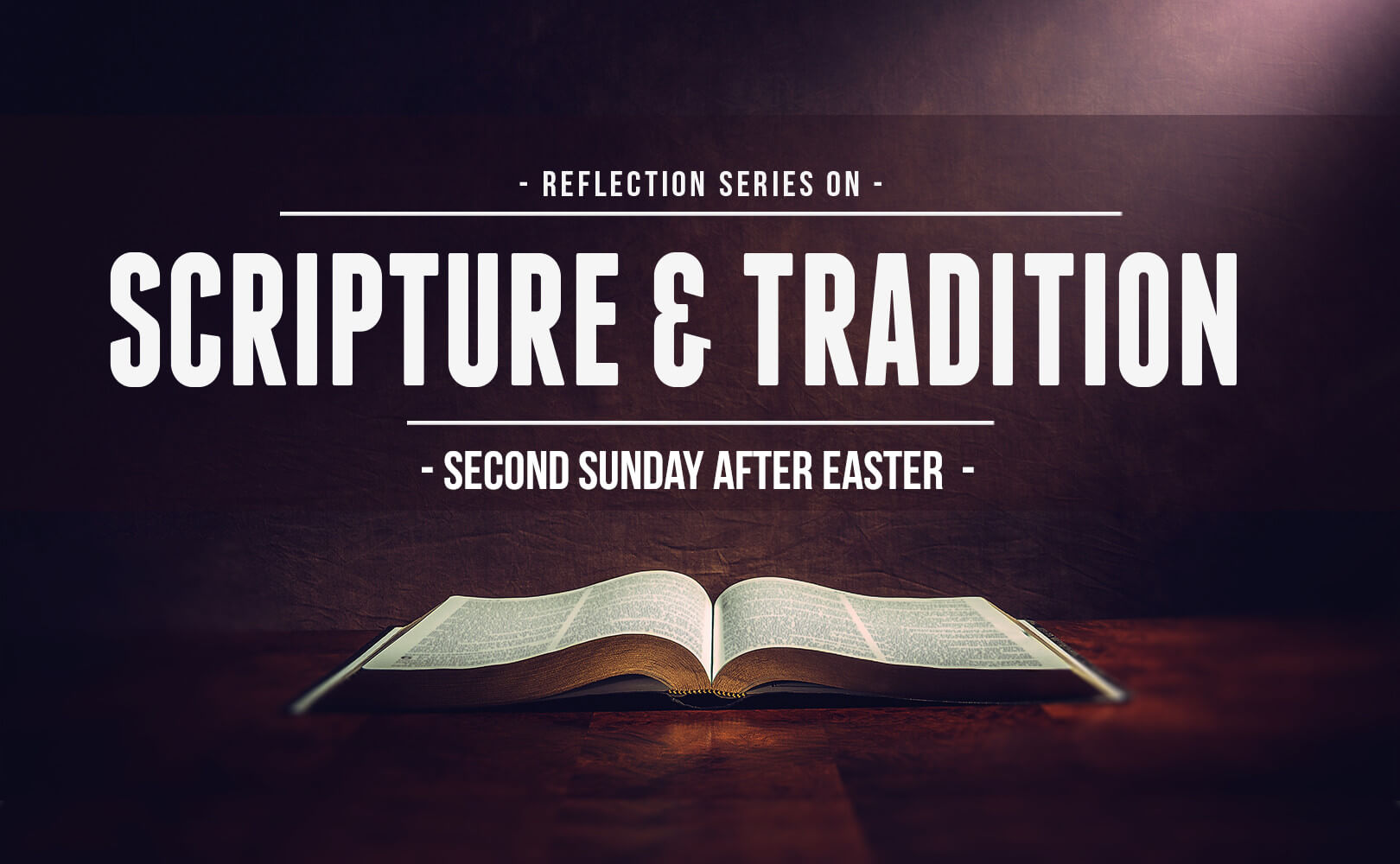Epistle: 1 Peter 2:21-25
Gospel: John 10:11-16
O God, Who, by the humility of Thy Son didst lift up a fallen world, grant unending happiness to Thy faithful: that those whom Thou hast snatched from the perils of endless death, Thou mayest cause to rejoice in everlasting joys.
– From the Collect for Second Sunday after Easter
This Sunday is the Second Sunday after Easter, also known as Good Shepherd Sunday. (Note: on the new Calendar, Good Shepherd Sunday is the Fourth Sunday of Easter, and occurs next week.) On this day we are presented with the image of a shepherd caring for his flock, but a shepherd unlike any other.
The primary duty of the shepherd is two-fold: to protect the flock and to guide it to good pastures. In Sunday’s Gospel, Jesus uses the imagery of a shepherd to show how he protects and guides his flock. Christ is the “Good Shepherd,” and as such, when he sees the wolf coming, he is not like the hireling who flees, but remains to protect the flock.
Yet why does Jesus call himself not just a shepherd, but a “good shepherd?” He tells us: “The good shepherd gives his life for his sheep.” Whereas a shepherd who is just doing his duty might protect his flock from wolves and other predators, a good shepherd will risk his own life for his sheep. He is willing to die for his sheep. We’ve heard this so often that we might not realize how ludicrous it really is. After all, isn’t the life of a human person more valuable than a sheep, or even a flock of sheep? Why would sacrificing one’s life for some dumb animals be “good?”
This is the paradoxical “illogic” of the Gospel: the One who is our Creator, the Omnipotent God, voluntarily gives up his life in order to protect us from the ravaging wolves—Satan and his fallen angels—who are constantly on the prowl to attack us (cf. 1 Peter 5:8). As Basil of Seleucia preached, “For the sake of his flock the shepherd was sacrificed as though he were a sheep. He did not refuse death. He did not destroy his executioners as he had the power to do, for his passion was not forced on him. He laid down his life for his sheep of his own free will” (Homily 26.2). The shepherd was sacrificed as though he were a sheep; as St. Paul says, “though he was in the form of God, [Jesus] did not count equality with God a thing to be grasped, but emptied himself” (Phil 2:6-7). In order to save the sheep, the shepherd becomes like a sheep and gives himself up to the wolves on our behalf.
Christ’s sacrifice for the sake of his sheep doesn’t just save us from the wolves, it gives us an example to follow, as St. Peter writes in Sunday’s Epistle. “Christ suffered for us, leaving you an example, that you should follow his steps.” We are called to imitate Our Lord’s sacrificial example and also be willing to lay down our lives for the salvation of souls. This is impossible for us to do under our own power, and yet gloriously, Christ’s very sacrifice gives us the means by which we too can lay down our lives for him. As St. Gregory the Great preached, “The good Shepherd has laid down his life for his sheep in order to change his body and blood into a sacrament for us and to satisfy the sheep he has redeemed with his own body as food” (Forty Gospel Homilies 15).
Jesus Christ is the Good Shepherd. He lays down his life for his sheep, becoming like one of us to save us. And he calls us to follow his example, laying down our own lives, but he gives us the food to sustain us for this wonderful work. What a Good Shepherd we have!


